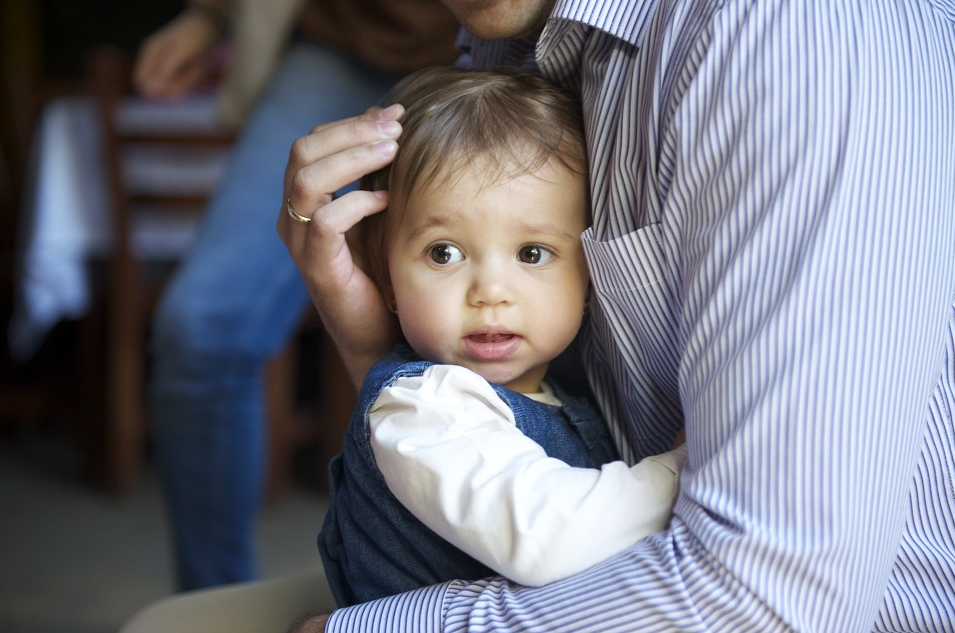Over 300 years ago, philosopher John Locke presented a little nugget of advice for fathers in his work called Some Thoughts Concerning Education. He noted:
“The reservedness and distance that fathers keep, often deprive their sons of that refuge, which would be of more advantage to them, than an hundred rebukes and chidings. Would your son engage in some frolic, or take a vagary; were it not much better he should do it with, than without your knowledge? For since allowances for such things must be made to young men, the more you know of his intrigues and designs, the better will you be able to prevent great mischiefs; and, by letting him see what is like to follow, take the right way of prevailing with him to avoid less inconveniencies. Would you have him open his heart to you, and ask your advice? You must begin to do so with him first, and by your carriage beget that confidence.”
Translation? Spending time with a child is the best investment a father can make.
Not surprisingly, Locke’s assessment rings true with the findings of modern science. As a recent paper from the American Academy of Pediatrics explains, the presence of a father in a child’s life has far-reaching benefits in several areas, including:
1. Health – According to a variety of studies, the active presence of a father discourages various physical health issues such as the early onset of puberty, teen pregnancy, and smoking. Mental health is also improved, for the presence of a father lowers the incidence of depression in both boys and girls.
2. Development – Research shows that an active father can have a positive impact on brain development, particularly in the area of language. Fathers use a deeper level of vocabulary around children than do mothers, a fact which improves comprehension and language usage in their offspring. A father’s playtime interactions are also believed to increase inquisitiveness in a child.
3. Behavior – Children with fathers who invest time in them not only exhibit better behavior in school, but in later life as well, as shown by a decline in delinquency.
Unfortunately, many children are not reaping these benefits, for “more than 24 million children, 1 in 3, grow up without their biological father.” (chart)
Pop culture has long given us the idea that fathers are “deadbeats, duds and doofuses” to be laughed at and scorned. Is it time we changed our tune and recognized that fathers are far more valuable and positively influential in a child’s life than we give them credit for?
















Leave a Comment
Your email address will not be published. Required fields are marked with *